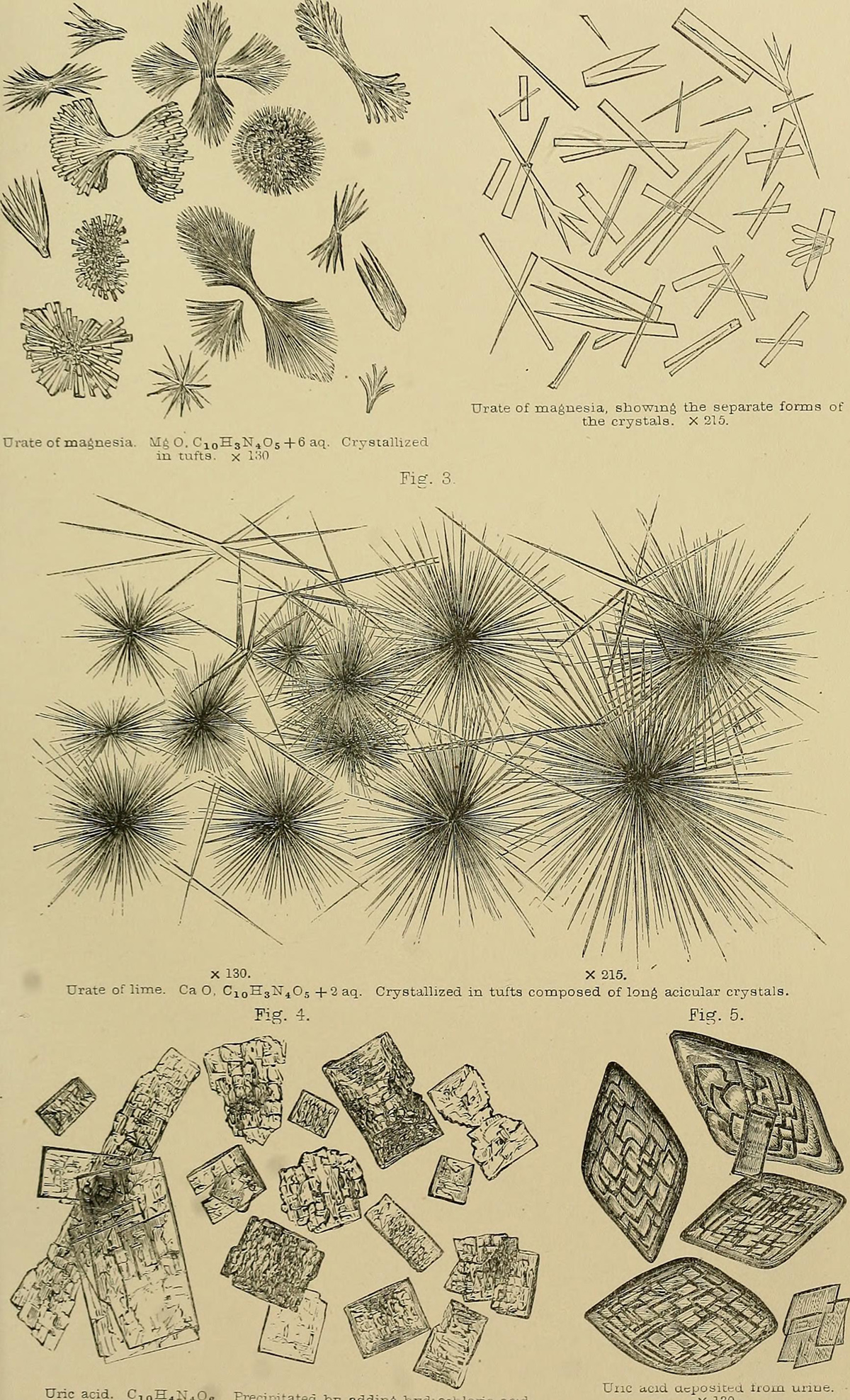
Introduction to Creatine
Creatine is an amino acid and it is normally produced by the liver and kidneys. Once it has been produced, creatine is stored in muscles. Some studies have shown that the use of creatine may increase performance in athletes especially in those athletes who need a quick boost of energy (weightlifters, sprinters etc). It is also confirmed that creatine can effectively assist in gaining muscle mass and it is capable of enhancing protein synthesis.
This is why many people (predominantly professional athletes) started to use creatine. Creatine was first used during 1990s. The substance has not been proven completely safe yet and all the long term dangers are still not completely clarified.
What are Dangers of Creatine Use?
It is believed that using creatine for a short period of time cannot cause any side effects. On the other side, if one uses creatine for a longer period of time there are certain risks and side effects that may occur.
The first potential side effect of prolonged creatine use is weight gain. This is, actually, the most common side effect related to creatine. One increases weight due to increase in water levels in the muscles and increase of lean muscle tissue.
If one uses creatine for a longer period of time there is a chance of increase of the substance in the body. High concentration of creatine in the body under normal circumstances point to the problem with kidneys. So if there is too much creatine in the body the kidneys are put under a lot of pressure to eliminate the excess of the substance from the body. Kidney stones are one more problem related to prolonged creatine supplementation. Both of these side effects can be prevented with increased intake of water.
In some people prolonged use of creatine leads to stomach upset, nausea, bloating and diarrhea. These problems occur because creatine is not fully dissolved in the stomach.
Muscle cramps and muscle pulls occur due to lack of water and fluid. In excess of creatine the water is drawn to the muscles. Muscle cramps can be prevented with the increased intake of water. Insufficient intake of water and creatine usage can in some people lead to serious dehydration.
And finally, in all people who are taking creatine for a longer period of time the body simply stops producing creatine on its own. The consequence is detrimental and creatine must be obtained from external sources. Only if creatine is used for short and limited period of time this harmful side effect can be successfully evaded.




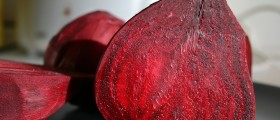

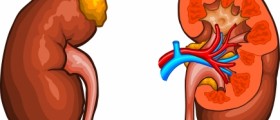


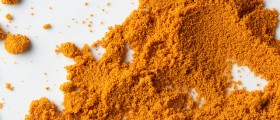


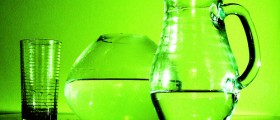




Your thoughts on this
Loading...